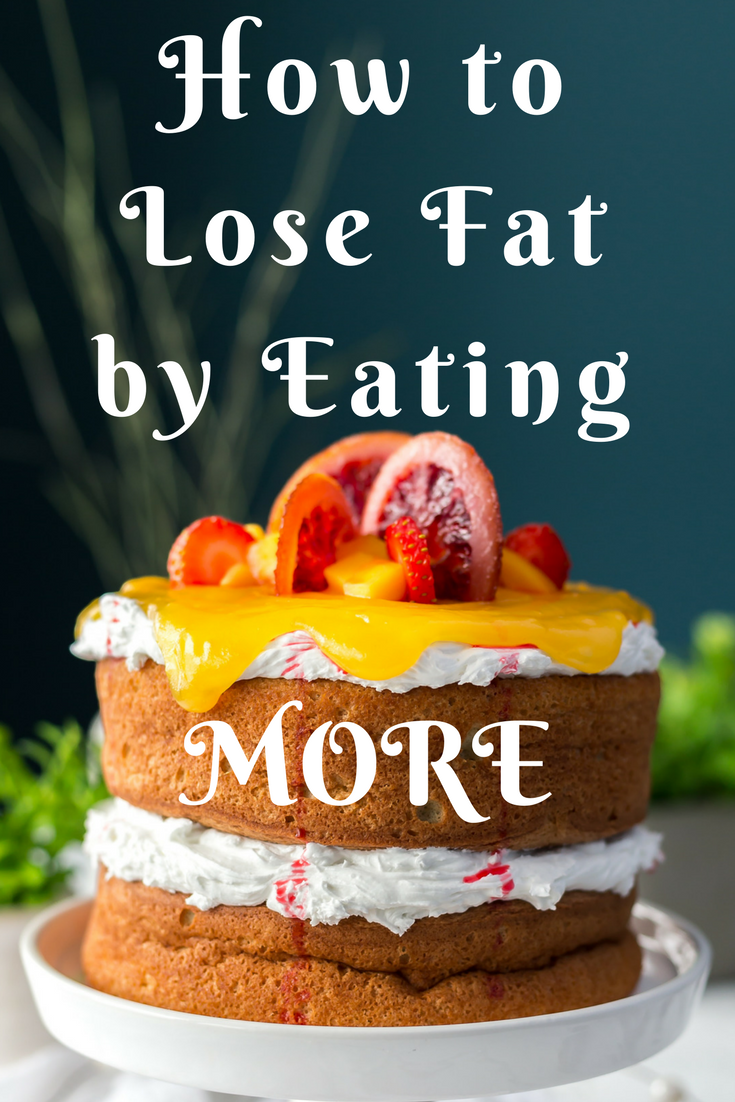In 2013 I moved to Germany to start a PhD in neuroscience. This meant adapting to a new work schedule, learning new skills and discovering new foods. Lots and lots of new foods. For those of you who have never been to Bavaria, let me present a typical daily menu. The traditional breakfast consists of a sausage (Weisswurst), white bread (Semmel) and a beer (Weizenbier). For lunch, you would typically have meals based on potatoes, dumplings (Knödel) and pork. And some more Weizenbier. As a snack, you would usually enjoy a large pretzel and a beer. And if this wasn’t enough to make you feel like the Michelin man, imagine you’re suddenly in the land of Milka, Ritter Sport and Haribo.
The result? I gained about 5 kg (11 lbs) in 6 months. And with the new work schedule, there were no slimmer days in sight. I was working 6 days/week and spending most of my free time reading journal articles, so I had very little time to work out. In the meantime, I got more and more frustrated with the experiments in the lab, which further fuelled my desire to try out all the newly discovered Haribo flavours and German beers.

Facing reality
I think we all know where this is heading, so I won’t bore you with the details. Soon enough I had to buy new T-shirts – the old ones made me look like a drag queen after a burger eating contest. I needed to find a solution. After a lot of midnight reading sessions fuelled with potato chips, crackers, and beer I had an outline of the problem:
- a demanding work schedule
- no time left for physical exercise
- a diet based mostly on carbohydrates
Sounds familiar? Then keep reading. There is a happy (and slim) ending.
To solve the problem I did what I do best: read, think, and find a solution. After studying scientific papers on neuronal fluorescence and photomultiplier tubes, reading a few dozen articles about nutrition and metabolism seemed like a relaxing thing to do. The tricks I found don’t require eating expensive, gluten free, all organic foods all day long (I couldn’t afford those from the salary of a PhD student). You also don’t have to fast for extensive periods or run half a mile every day. You will start seeing the results sooner than you expect and you even get to eat all the crap you want if you follow the instructions. And before you ask: NO, it does not involve puking your guts out.

Let your metabolism do the hard work
The cool thing about studying medicine is that you get to understand the human body. All our organisms are different, but most of them react very similarly to the food we put in them*. Once you figure out how these reactions work you can trick the body to work in your favour.
The 10 commandments of fat loss
1. Thou shalt not drink calories. Period. If you want to lose fat ditch the morning milkshake, the afternoon coke and the evening booze. Just drink water. If you absolutely have to drink something with flavour then have a sugar-free lemonade or a diet coke. And every time you feel tempted to have a drink open this page and look at these numbers:
0,5 L Coca Cola = 197 kcal
0,5 L beer = ~215 kcal
0,3 L wine = 250 kcal
So I have to jog for 5 km to compensate for that coke? Then I’ll just have a water with lemon, please.
2. Eat better, not less. And stop counting calories, it will drive you nuts. Just remember one simple rule:
protein = good
fat = mostly good
carbs = bad
A diet high in protein and fat will help you lose fat. A diet high in carbs will add another tyre around your belly. When you go shopping start looking at what you are about to buy and ask yourself: are there more proteins/fats than carbs in this? If so put it in the basket – if not look for an alternative. And if you’re not sure just read the label. After a while you will know the answer instinctively. Also, eat a protein rich meal during the first half hour after waking up. It will reduce your snack cravings in the evening.
3. Avoid white carbs. Bread, pasta, potatoes, pastry and rice are your enemies in the fight against love handles. You must avoid them at all cost. I know this seems hard at first. Believe me, I come from a country where bread and potatoes are part of a healthy diet – people even eat soup with bread. But these foods will make all your other efforts be in vain. Just replace them with something else. After a few weeks you won’t even notice they’re gone from your menu.
4. Take your time while eating. This is a simple fix that is often underrated. In our busy lives we tend to rush such unimportant tasks as eating. We have to make that urgent phone call, write that important email and this silly lunch break is just getting in the way. Well, I have news for you: it’s not just getting in your way, it’s also making you fat. But only because you let it. So take your time when having your meal breaks. Reserve at least 30 minutes to enjoy your meal and you will soon start seeing results. Eating slowly gives your body time to absorb the nutrients and send STOP signals to your brain when it’s full. If you rush through your meals you will not only eat more and get fatter, but you will also experience postprandial drowsiness – which results in less work efficiency. So invest some time in your meals. It’s a cheap and simple solution to lose weight.
5. Drink more water. This is valid in general throughout your day, but especially during your meals. Water will make you feel full and it also speeds up the absorption of nutrients (see above). Just set yourself a goal to drink at least two glasses of water during every meal. Your kidneys will thank you later.
That’s it! Follow these rules consistently, implement them in your daily routine and you will start seeing the results sooner than you think.
But didn’t you say 10 commandments? And where’s my cheat day?! You promised a day in which I could feast like a roman emperor!
That’s true and I will deliver. You can find the next 5 commandments, including the all permissive cheat day, in the second part of this article. But if I had to pick the 5 most important rules, these would be it. Please let me know how these tips worked for you in the comments below.
*This may not apply if you have some severe medical condition, in which case you should consult a physician before following any of these tips.
Out of all the stuff I’ve read about nutrition and metabolism, the book The 4 Hour Body by Tim Ferriss deserves a special mention. It was of great inspiration and I heartily recommend it. You can get it here (if you live in the US) or here (if you’re in the EU).
Originally published at optimizemy.life


